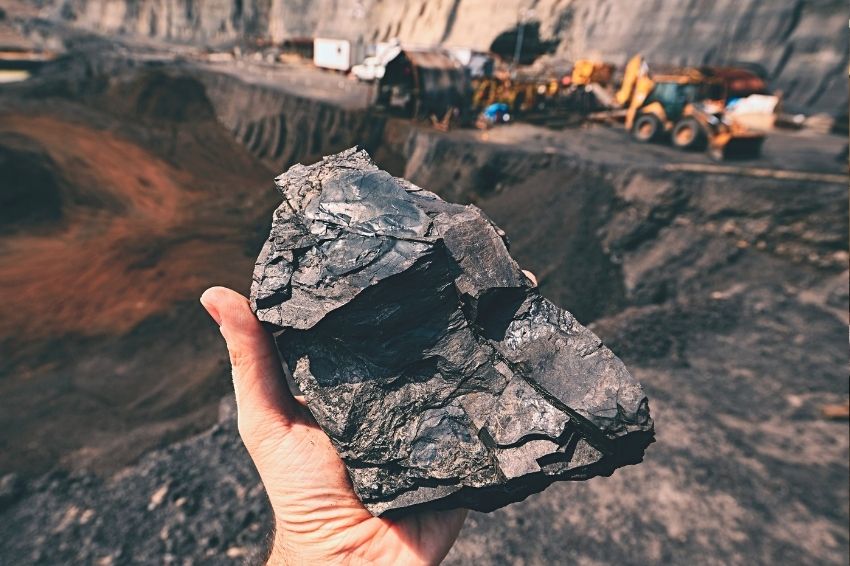The plan of Federal government of renewing the country's current fleet of mineral coal thermal plants, a source recognized as one of the most polluting in the electrical matrix, has become more difficult to achieve.
At the end of this week, the BNDES (National Bank for Economic and Social Development), the main state-owned company providing support and financing for the national electricity sector, informed that it will only support projects that involve the use of clean energy and that it does not intend to put a single cent into polluting resources.
The last coal plant that was financed by the bank with resources was in 2015. Since then, the entity has changed its operating policy and started to sign contracts only with water, solar, wind, biomass and natural gas generation projects.
A report published by Estadão revealed that the Federal Government planned to invest around R$ 20 billion over the next ten years in thermal plants, which, in addition to being polluting, have the cost of operating them passed directly onto consumers' electricity bills.
Without the BNDES transfer, the renovation or expansion of the current coal plant fleet will become more difficult. Today, 100% of this structure is limited to seven plants: one in Paraná, two in Rio Grande do Sul and four in Santa Catarina. The projects together have 1,572 MW of installed capacity.
Solar energy
According to data from ABSOLAR (Brazilian Association of Photovoltaic Solar Energy), solar energy has already prevented the emission of more than 12.4 million tons of CO2 into the atmosphere since 2012. During this period, more than R$ 56.4 billion in new investments were made and more than 325 thousand jobs accumulated in all five Brazilian regions.
Read too: Solar energy is a solution to the water crisis.
In the first week of October, solar energy surpassed the mark of 7 GW of installed power in the DG (distributed generation) segment, according to data from ANEEL (National Electric Energy Agency). In total, the country has more than 631 thousand solar systems connected to the grid, bringing savings and environmental sustainability to more than 791 thousand consumer units.
The entity's figures also show that among all consumption classes, the one that grew the most this year in percentage terms was residential, which proves the greater popularization of the system among society. Of the 7.18 GW installed in the country in the DG segment, more than 40% comes from houses and residential buildings (3 GW).

















3 Responses
I think these solar panels are very good, I'm studying how to put them in my home, but I went to see how much they cost and I found them a little expensive for me, but I'll see if I can do this project.
Fortunately, BNDES has stopped, at least for now, this absurd daydream of investing in the most polluting source of electrical energy among all alternatives. Furthermore, it is an expensive source with slow operational dynamics.
Fortunately, the BNDES is putting the brakes on, at least for now, this absurd daydream of investing in the most polluting source of electrical energy among all the alternatives. In addition to the cost and operational dynamics.